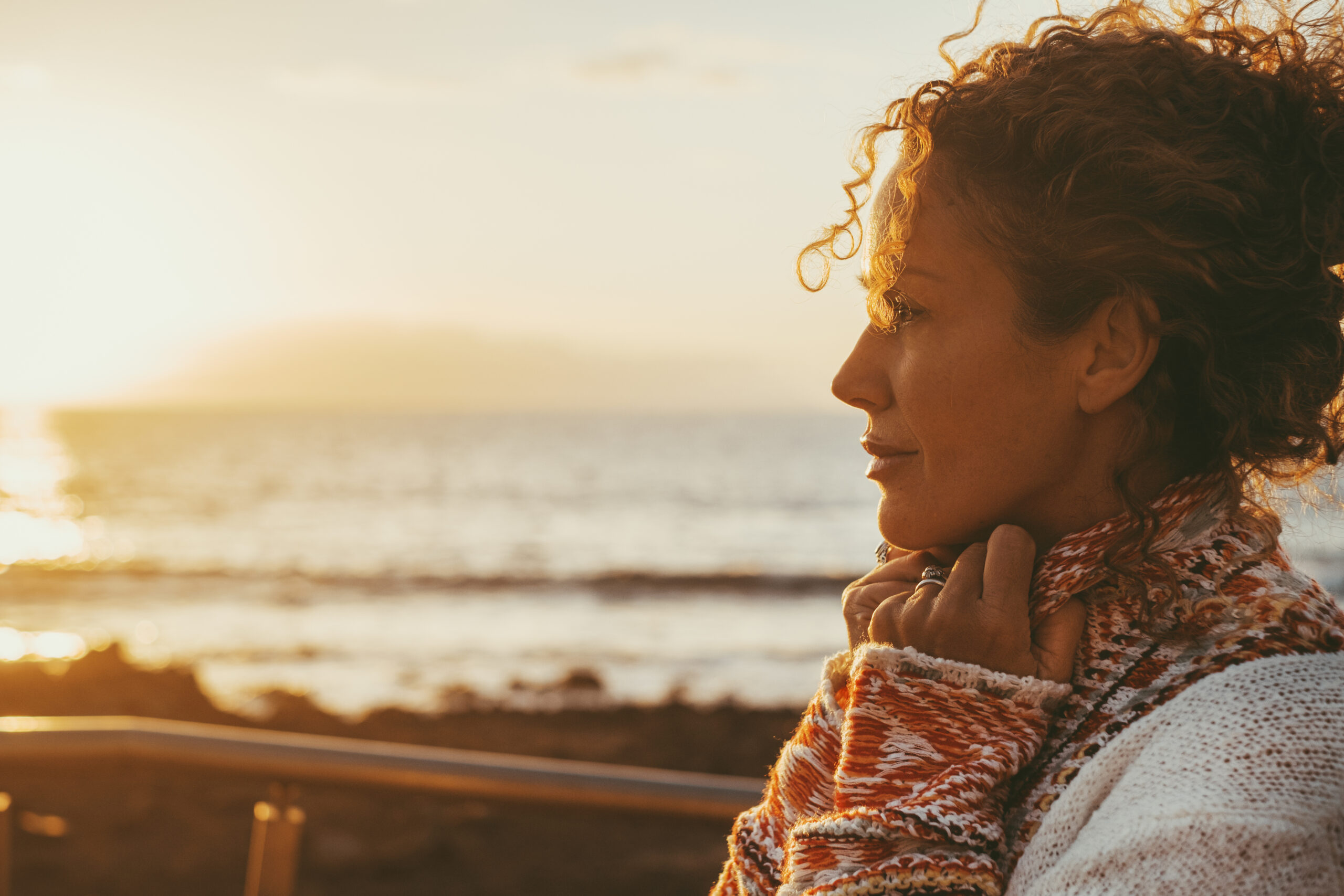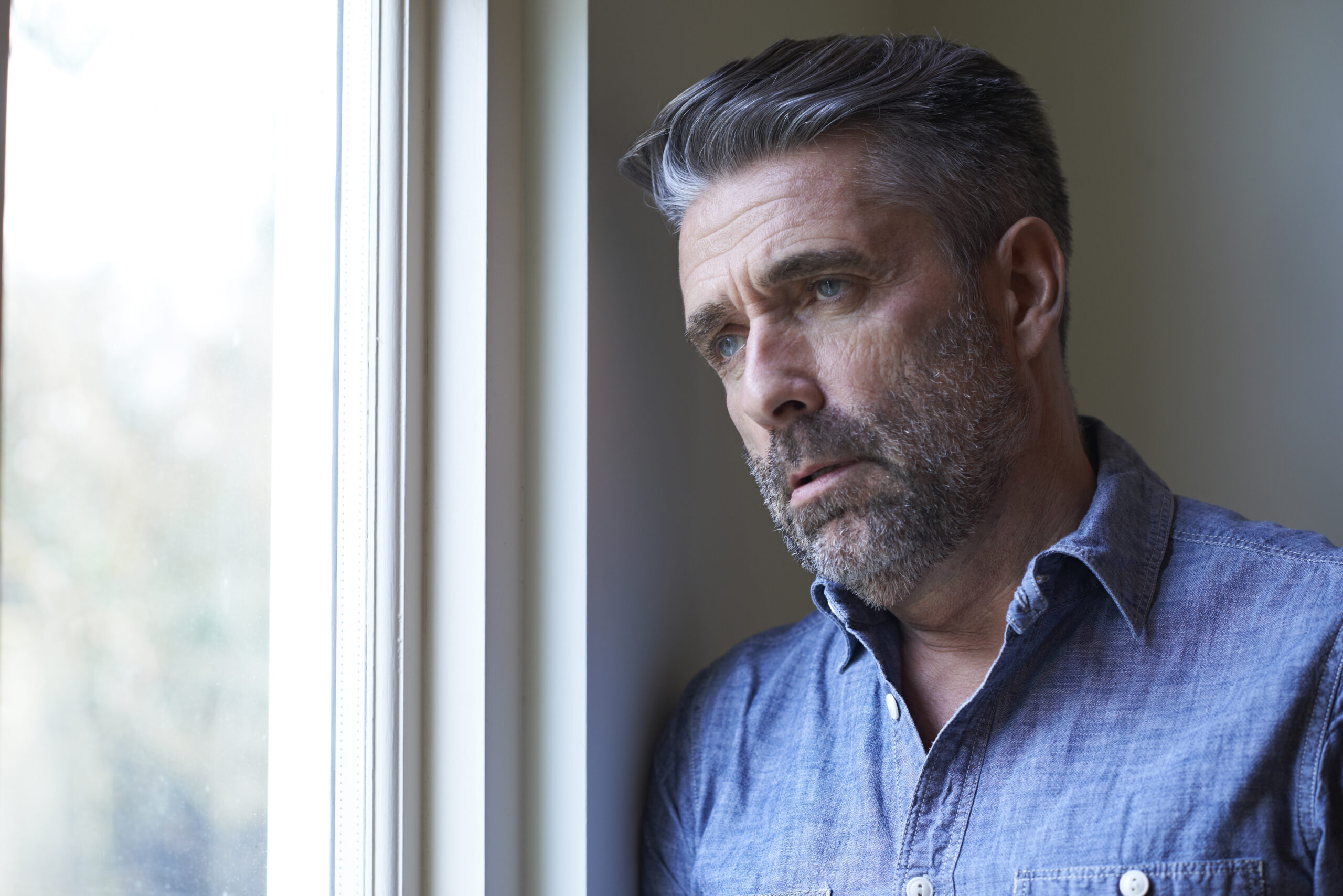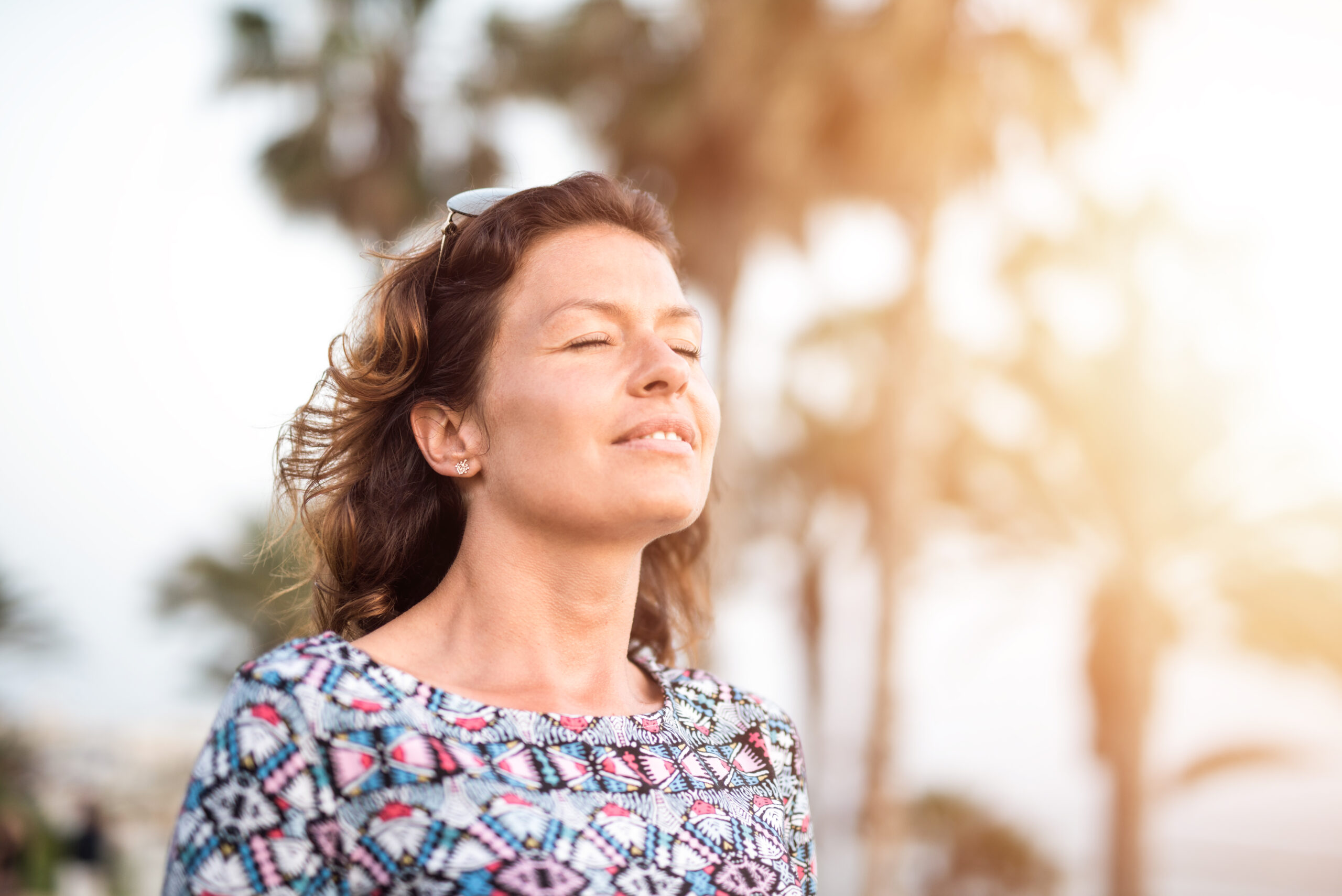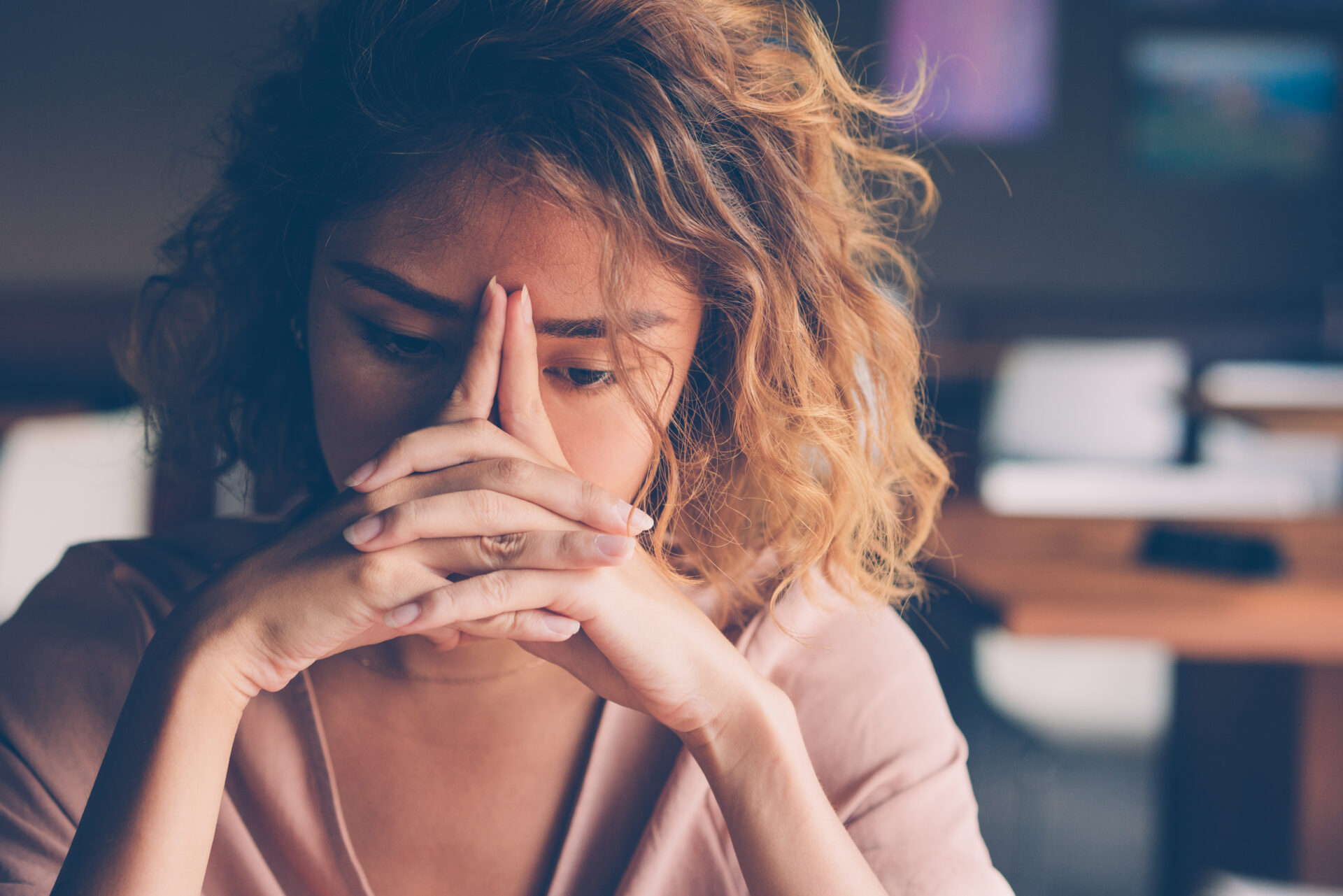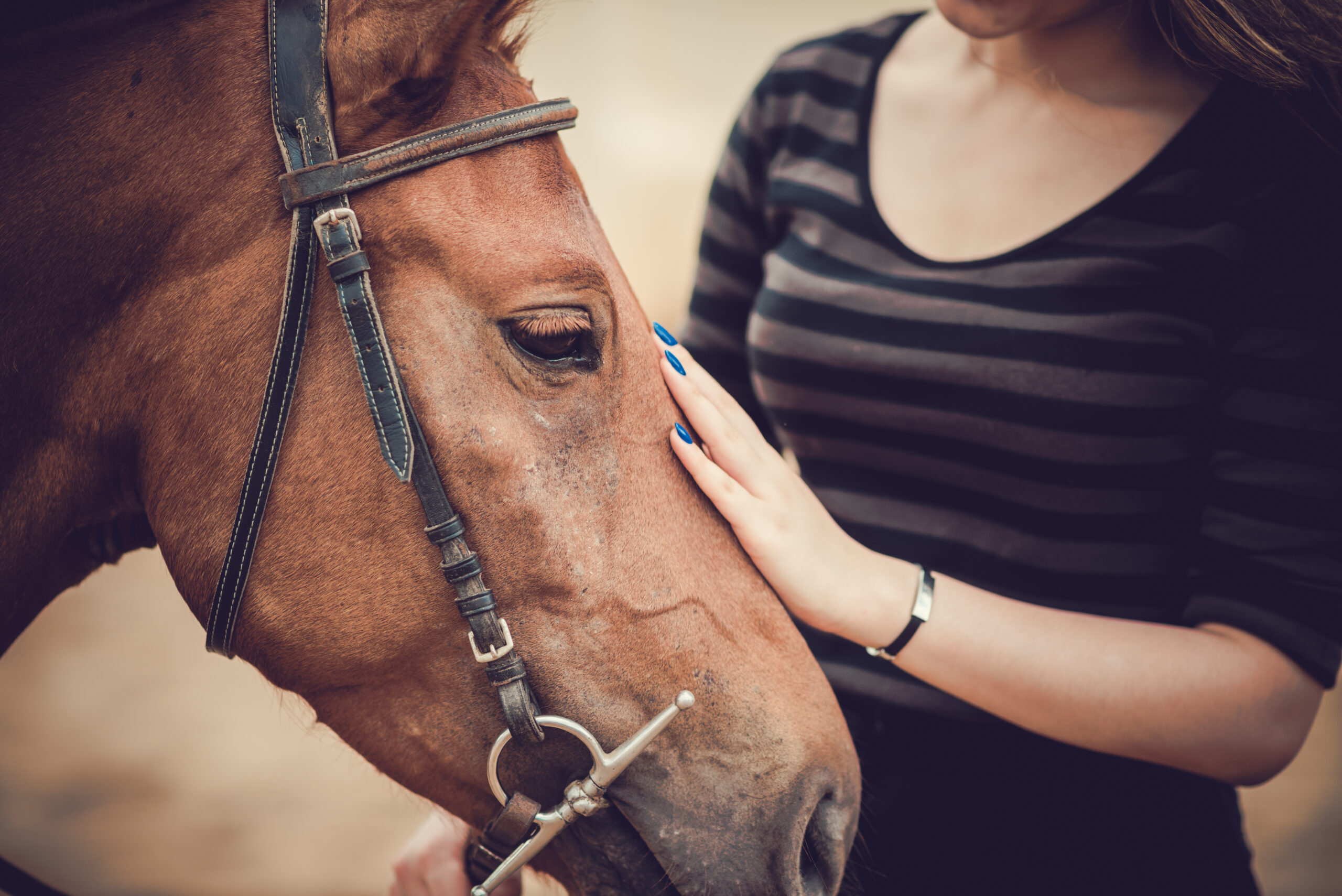
A Beginner’s Guide to Equine Therapy
Therapeutic practices are no longer limited to the conventional style of four walls and a couch to lie on. In the twenty-first century, therapy has expanded to be accessible in a myriad of forms so as to better help individuals on their journey of recovery and healing.
One of these therapeutic practices takes the form of equine-assisted therapy, a niche style of therapy that is commonly found at residential rehabilitation centers.
Whether you heard about equine therapy and are simply curious about it or are seriously contemplating whether or not it’s the next step in your recovery, you’ve come to the right place.
We’re going to walk you through the ins and outs of equine-assisted therapy so you can have a strong understanding of what exactly equine therapy is, the benefits, and how to locate a treatment center that offers this form of therapy near you.
What is equine therapy?
Equine-assisted therapy (EAT) is a form of therapy that, as its name implies, revolves around interactions with horses. It’s a form of treatment that promotes both physical and mental healing to those struggling with addiction or dual disorders (such as addiction and a mental health condition).
There are different kinds of EAT programs, but all of them are typically facilitated and monitored by professionals who guide you through various activities with horses. While some EAT programs are part of a mental health or substance recovery treatment, others can be part of a physical or occupational therapy regime.
Equine therapy is especially powerful due to the innate sensitivity of horses; this lends to their ability to respond to and reflect the emotional state of the person they are working with.
For those in recovery, feeling seen, understood, and respected, is vital.
Working with horses enables you to foster genuine trust, open communication, as well as relationship-building skills through a safe and judgment-free environment.
There are no limitations as to who can and cannot enroll in equine therapy; while not everybody is not interested or able to ride horses, there are still countless ways to form a highly productive relationship with these animals.
Benefits of equine therapy
The benefits of equine-assisted therapy are numerous and endless.
Some of these benefits include:
- Reduced stress and anxiety
- Increased trust and self-esteem
- Improved communication and relationship skills
- Better impulse control
- Getting outside of your thoughts to care for someone else
In addition to the mental and emotional benefits of working with horses, there are also a multitude of physical health benefits that come from regularly riding.
A few examples of these health benefits include:
- Core and leg strength
- Muscle development (and fat burning)
- Improved cardiovascular health
- Increased balance and coordination
- Better flexibility and circulation
Through equine therapy, you can gain an appreciation for diversity, support, and teamwork, while simultaneously attaining practical skills to help you both in and out of recovery.
Equine therapy near you
We’re very excited to inform you that we offer equine-assisted therapy here at Bluff Augusta.
Our highly acclaimed Equine Therapy Program is designed to help you achieve sustainable sobriety by experiencing the life-changing bond that forms between humans and horses.
In this program, you will rebuild your sense of self-worth and confidence; empower yourself to commit to your recovery and long-term sobriety; foster skills such as patience, trust, vulnerability, and communication; as well as achieve countless other individual goals.
At Bluff Augusta, your recovery is our top priority. We pride ourselves on offering fully comprehensive treatment plans that draw upon both traditional and holistic methods so as to provide you with every available opportunity to succeed in and out of recovery.
To request a confidential evaluation or learn more about our Equine Therapy Program, submit this form today and one of our team members will reach out to you shortly.


